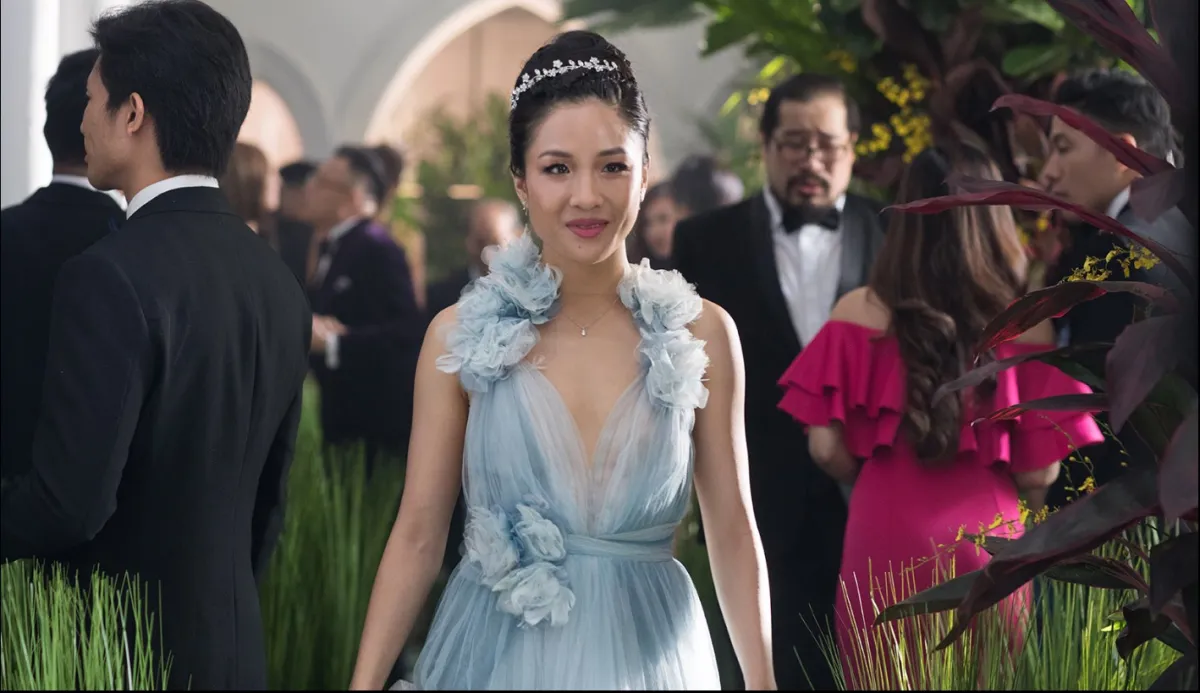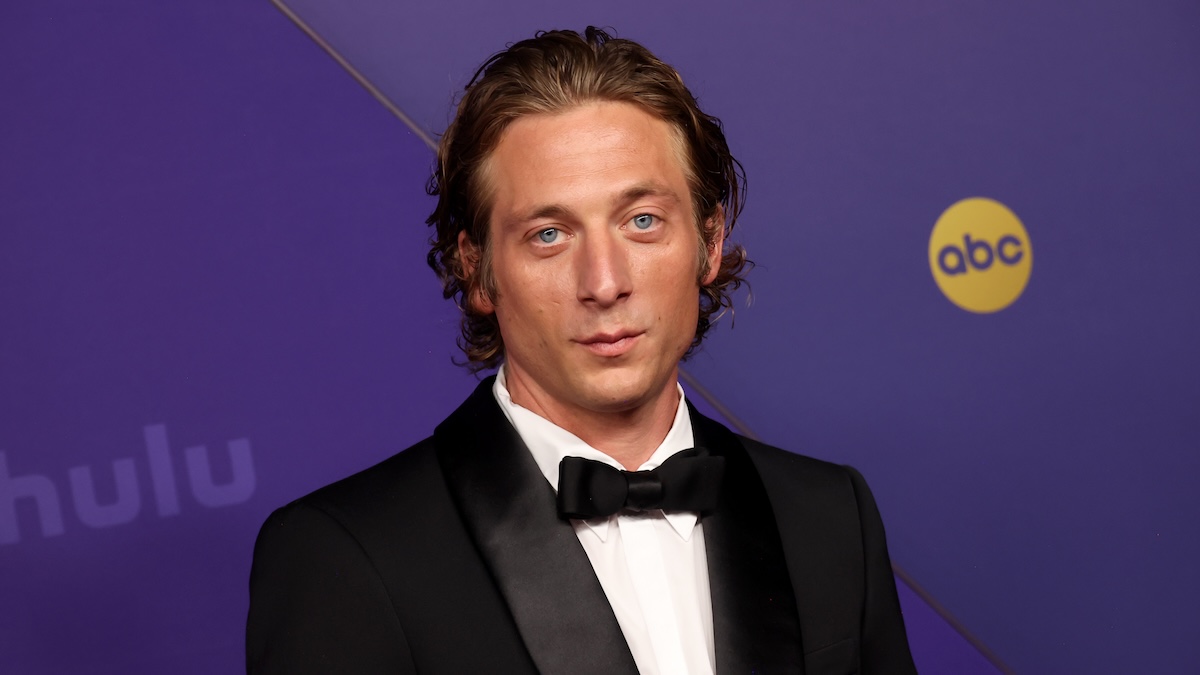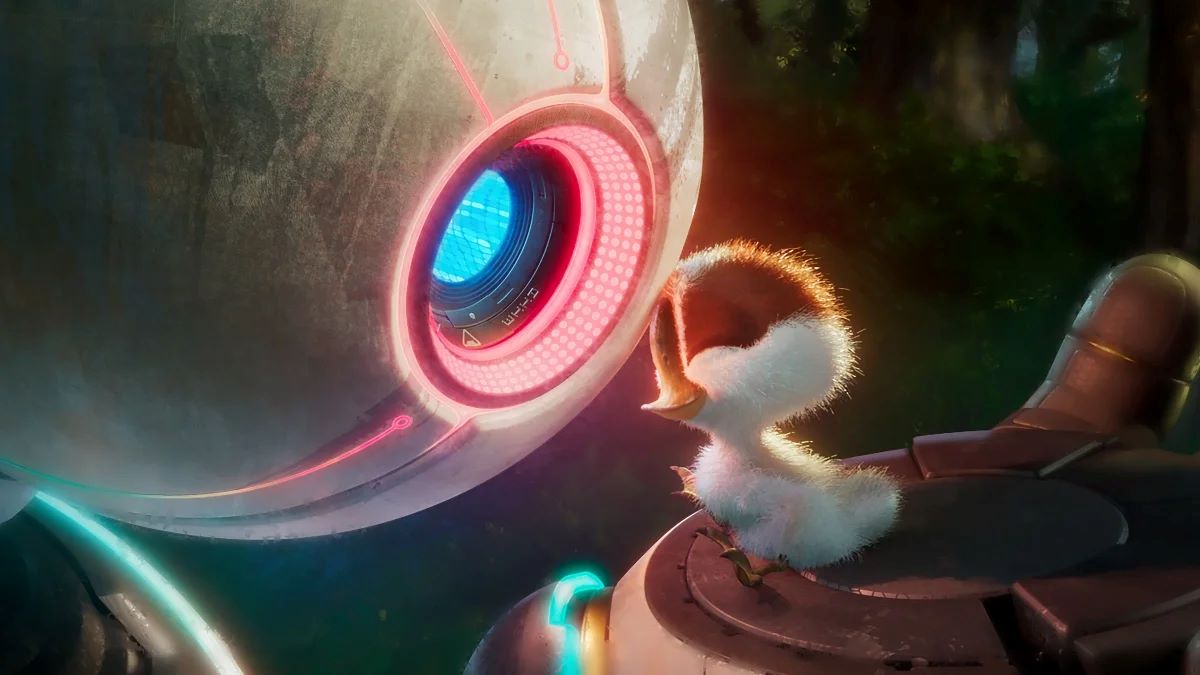In 2018, there were two big films that once again shattered blatantly untrue assumptions that blockbuster films led by a cast made up majority of people of color don’t do well. These two examples came in the form of Black Panther and Crazy Rich Asians. While we are just months away from the sequel to Black Panther, Black Panther: Wakanda Forever, the Crazy Rich Asians sequels wanted by many are still in limbo.
With the movie based on the novel by photojournalist and writer Kevin Kwan, Crazy Rich Asians is the first in trilogy. (The next two are China Rich Girlfriend and Rich People Problems.) With a film that made $283 million at the box office alone on a budget of $30 million, you’d think the whole series would be complete at this point, especially because, unlike Black Panther, Crazy Rich Asians doesn’t have to shoot a bunch of action sequences or follow a Marvel Cinematic Universe timeline. Beyond possible pandemic delays, let’s get into what’s happening with the cast and crew to see why these are taking so long.
Pay disparities & Jon M. Chu’s career
Before you can even begin scouting locations and all the other pre-production activities, you have to have a script, but even with the books already done for years, this is proving to be a big issue. A year after Crazy Rich Asians was released, the two main writers, Adele Lim and Peter Chiarelli, exited the project. The Mary Sue’s own Vivian Kane went into details around this in 2019, but essentially, Lim found out Warner Bros. offered her 1/10 as much money as her co-writer despite her more extensive experience.
Chiarelli offered to split his pay, but Lim rightfully insisted that this was the studio’s problem and that he shouldn’t take a cut. Warner Bros. stood by their decision by downplaying her numerous writing credits for TV. They stated that it would set a bad precedent, as if the current policy was working for people historically (and currently) marginalized in Hollywood. In May 2022, the studio hired writer Amy Wang as the sole writer, and Barry writer Jason Kim to write a spinoff (separate from the trilogy).
If writing wasn’t enough of an issue, director Jon M. Chu’s scheduling issues and track with colorism aren’t helpful. Regarding scheduling, he’s been the director and creative visionary for several big-budget films since Crazy Rich Asians. Currently, this is two Wicked movies back-to-back, a Dr. Suess movie, and a Play-Doh movie. Chu also has a yearly tradition of mishandling Blackness in his films (In the Heights and his Step Up empire), often employing colorism in the name of “[getting] the people who were best for those roles,” and how many of his leads have either taken on blaccents (Awkwafina and Ariana Grande) or made anti-Black statements (Justin Bieber and Cynthia Erivo).
Casting a shadow
Since the movie was released, the film’s casting choices and cast themselves have been embroiled in controversy. Because they’re not white men in Hollywood—see Mel Gibson, Mark Wahlberg, Ezra Miller (who is non-binary but still benefits from some gendered privilege), etc.—they are more likely to be held accountable. (Saying this is just a fact, not because I think that’s how it should be.) Individual issues range from the overblown Constance Wu backlash in 2019 to willful bigotry like Awkwafina’s non-apology (plus what happened after) about using a blaccent only to shed it for mainstream success.
Additionally, several performers that didn’t make the cast, including Simu Liu (probably for the better) and Brenda Song, spoke up about being told they were not “Asian enough” for roles. Part of this fused with the biracial discourse of casting someone with more Eurocentric features as the leading man (Henry Golding). Also, many critics pointed to how East Asians dominated the cast (with speaking parts and character names) despite the significant population in the film’s main setting of Singapore that has South Asian heritage like Indian and Malay.
Even if all this were resolved, several parts of the main cast have stayed booked and busy since, which would make scheduling much more difficult. These include Golding, Michelle Yeoh, Wu, Awkwafina, and Gemma Chan. While most of these could probably finagle time to shoot the final two movies, I’m not so sure for Awkwafina and Chan. Both have since joined the MCU, with Awkwafina playing Katy (Shang-Chi) and Chan playing both Minerva (Captain Marvel) and, more importantly, Cersi (Eternals.) Awkwafina can and should be removed from the movie (her character is barely noticeable in the novel). However, Chan’s character, Astrid, becomes more significant as the story continues.
Where do we go from here?
While the original movie was loved by many when it first came out, the earlier criticism, such as that of feminist critic Marina Watanabe, has only grown. Some of this comes from the source material, but a lot of it comes from the discourse around the depiction of class within the film and a burgeoning stereotype about East Asians that came around when the film was released. To this last point, this is not the filmmaker’s fault at all, but a wider societal issue.
Since Crazy Rich Asians premiered, there’s been a small influx of romcoms with Asian leads, from the To All the Boys trilogy to Lovebirds, Bridgerton (season two), and Never Have I Ever. However, there is still a lacking when it comes to the majority of Asian-led projects and especially those written for adults, except for Always Be My Maybe. It’s not like the material isn’t sitting there, with writers penning very successful romance novels, like Courtney Milan, Helen Hoang, Sonali Dev, and Hess Q. Sutano.
If Warner Bros. is going to move forward with this franchise (at this point, who knows?) that returned eight-fold in box office returns, the creative team would have a lot of issues to contend with. While I’d love to see the series continued, for all the reasons above and more, doing so will be a momentous feat. It is so necessary to continue to push for representation, so all this expectation and weight isn’t on one film or series. A handful of films can only do so much to represent a community.
(featured image: Warner Bros.)
This story was updated on June 6, 2023, to more accurately reflect Ezra Miller’s gender identity.










Published: Aug 16, 2022 05:14 pm